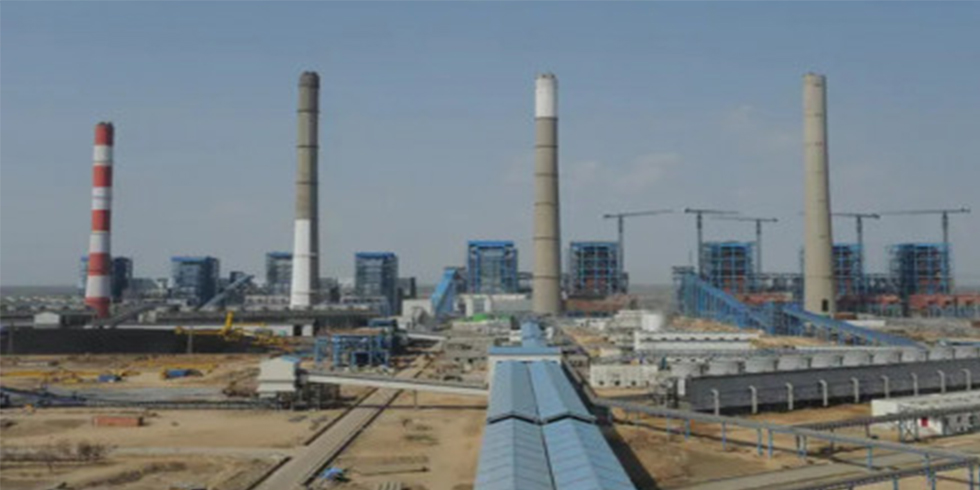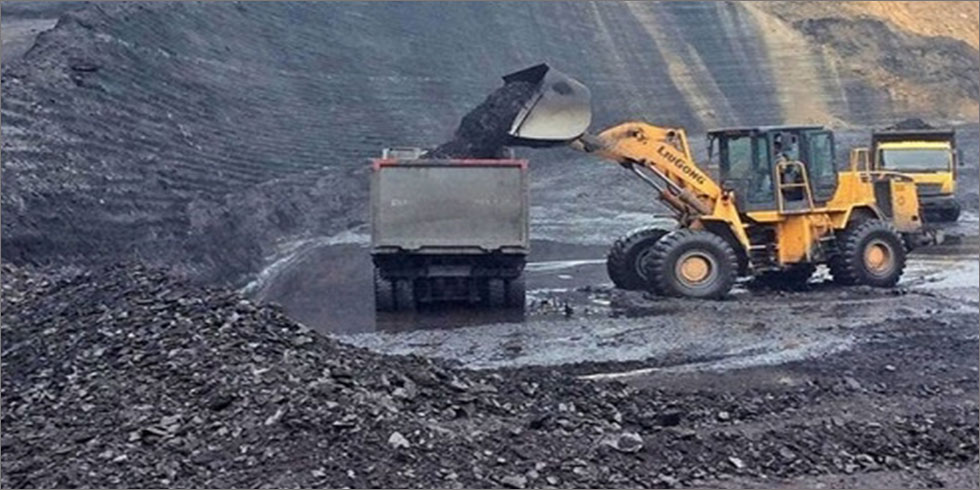The National Development and Reform Commission, Ministry of Finance, and National Energy Administration issued a surprise joint statement (in Chinese) that sent shudders through the Chinese solar industry.
The government had decided that “in order to promote the sustainable development of the solar industry,” no new solar energy projects for the rest of 2018 would receive subsidies. Additionally, the incentive for producing solar energy from the projects currently being built would be scaled back by 0.05 yuan per kilowatt-hour, starting June 1. Depending on the region, this amounted to “a cut of 6.7 to 9 percent,” according to the SCMP. Stocks for multiple solar companies immediately dropped by the daily limit of 10 percent, Caixin reported.
Now the solar industry is fighting back, Reuters reports, as “executives from 11 Chinese solar firms” sent a letter to the Xinhua state news agency arguing that the subsidy cut was ill-timed and that they “still needed another three to five years of government backing.”
Officials from the National Energy Administration said they had “promised to speed up the launch of a quota system forcing regions to buy more renewable power,” the day before the complaint letter was published, Reuters says.
Both the solar subsidy shrinkage and a move last month to make the “awarding of all new wind farm development rights…subject to competitive bidding” is aimed at “keeping in check the more than 100 billion yuan (US$15.6 billion) deficit in a state-run renewable energy fund, which is financed by a surcharge on power users’ bills,” the SCMP points out.
“Slower demand in China will increase competition, exacerbate a panel glut and drag down prices. That will mirror the conditions that prompted some struggling U.S. panel makers to seek tariffs last year,” Bloomberg writes (paywall).
The country, which Quartz notes imports 90 percent of its panels and is building some of the world’s largest solar parks, will greatly benefit from falling prices of Chinese panels. Bloomberg New Energy Finance forecasts (paywall) “module prices to drop 34 percent this year and a further 10 percent to 15 percent in 2019,” as the Chinese policy is expected to add to a supply surplus that was already building.











Add Comment